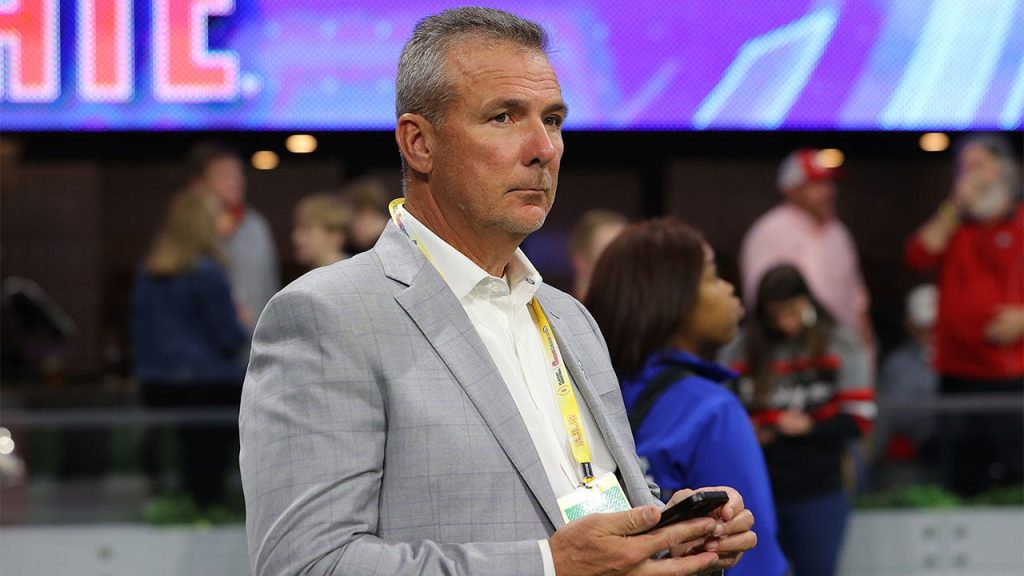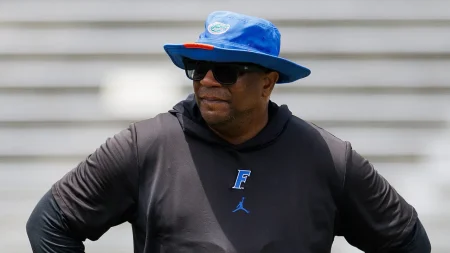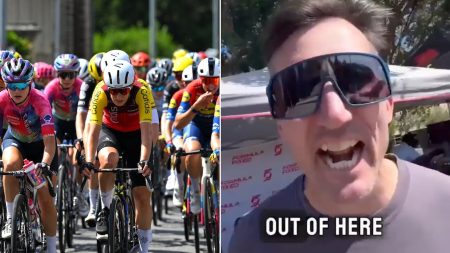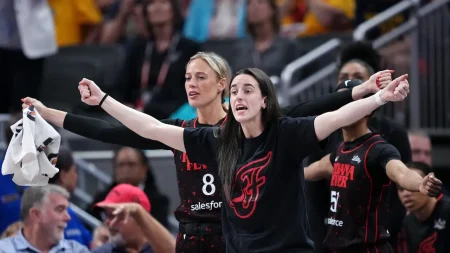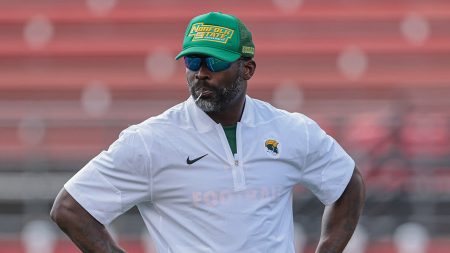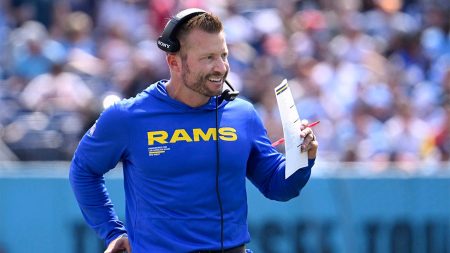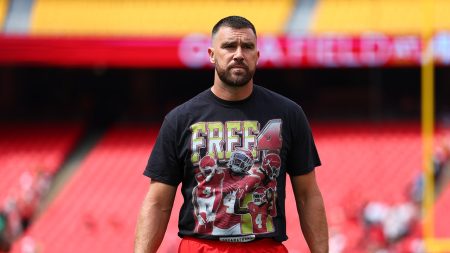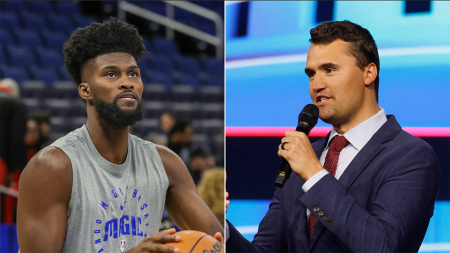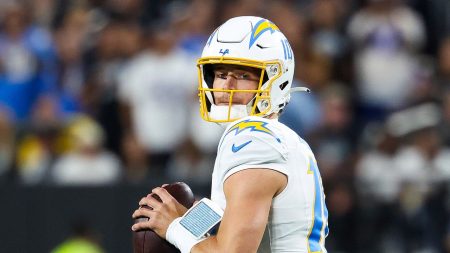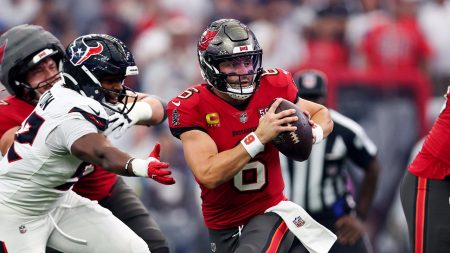Urban Meyer, a three-time national champion football coach, recently criticized the current state of Name, Image, and Likeness (NIL), calling it a form of “cheating” in recruiting. In an interview with Lou Holtz, Meyer expressed his disappointment with how NIL has evolved, stating that it has become an “arms race” of collecting money from donors to pay players. He specifically cited examples of 17-year-olds demanding money for visits or receiving large payments for minimal charity appearances as examples of cheating within the system. Meyer, who retired from coaching six years ago, highlighted his concerns about the shift towards capitalism in NIL deals, emphasizing that it was not the original intent of the initiative.
Meyer acknowledged that while NIL can be a positive opportunity for athletes to use their name to support businesses or causes, he believes that it has strayed from its original purpose. He referenced instances where players are being paid large sums of money from donors to attend events or make appearances, which he views as unethical. Meyer’s comments reflect a broader concern within the sports community about the impact of NIL on the integrity of college athletics. As a former coach who has experienced the evolving landscape of collegiate sports, Meyer’s perspective sheds light on the complexities and challenges associated with the commercialization of student-athlete endorsements.
During his coaching career, Meyer led prominent programs such as Ohio State and Florida, where he achieved great success on the field. However, his recent remarks suggest a growing disillusionment with the direction of college sports and the impact of money on recruiting and player compensation. Meyer’s criticism of the current state of NIL adds to a chorus of voices questioning the ethical implications of the new policy and its potential to undermine the integrity of collegiate athletics. As more coaches and stakeholders weigh in on the issue, it is clear that the conversation surrounding NIL is far from over, with significant implications for the future of college sports.
As a respected figure in the world of college football, Meyer’s comments carry weight and spark important discussions about the moral and ethical dimensions of NIL. By speaking out against what he perceives as abuses of the system, Meyer is raising awareness about the need for greater oversight and regulation in NIL deals to prevent exploitation and corruption. While acknowledging the potential benefits of NIL for student-athletes, Meyer’s critique underscores the importance of ensuring that these opportunities are used responsibly and in accordance with the values of fair play and sportsmanship. As the debate over NIL continues to unfold, Meyer’s perspective offers valuable insights into the challenges and complexities of balancing financial opportunities with the integrity of collegiate athletics.
In conclusion, Urban Meyer’s criticism of the current state of NIL reflects broader concerns about the commercialization of college sports and the impact of money on recruiting and player compensation. By highlighting instances of unethical practices and abuses of the system, Meyer raises important questions about the integrity and fairness of NIL deals. As the debate over NIL evolves, it is crucial for stakeholders to engage in meaningful dialogue and collaboration to address the ethical challenges and ensure that student-athletes are protected from exploitation. Meyer’s perspective adds a valuable voice to the ongoing conversation about the future of collegiate athletics and the need for greater transparency and accountability in the realm of student-athlete endorsements.




